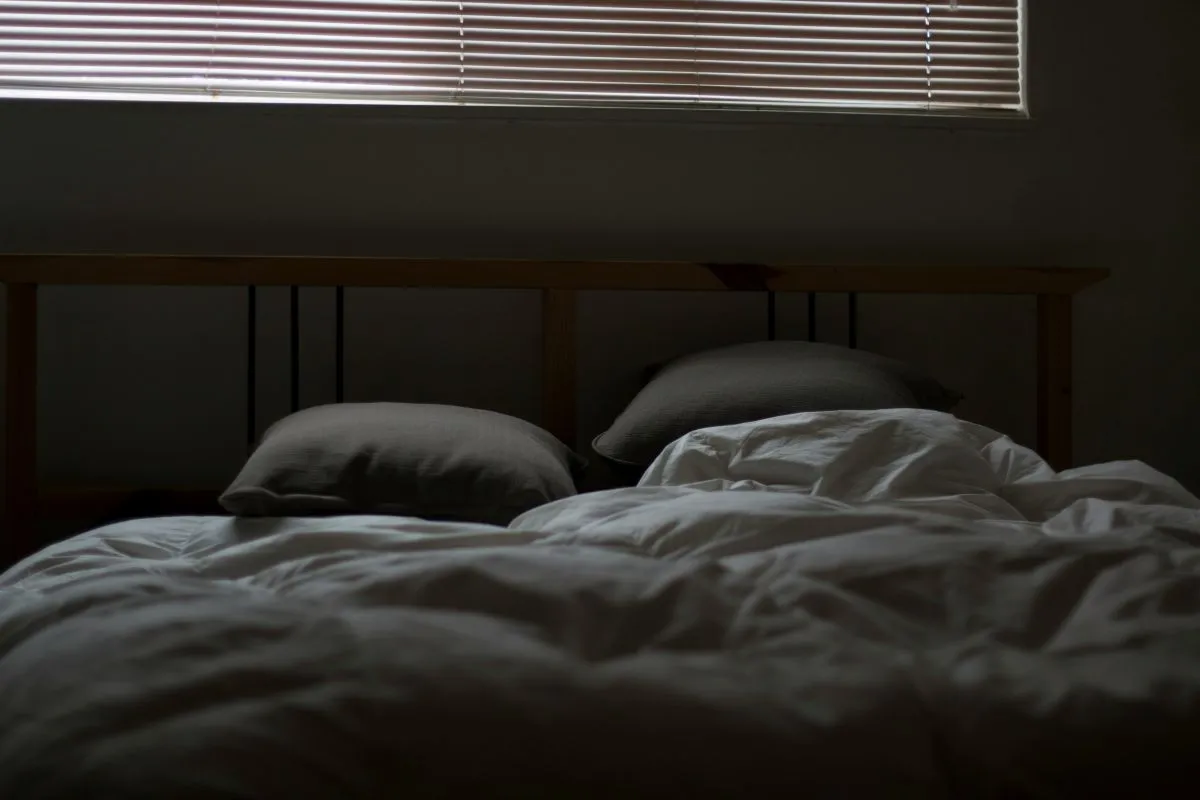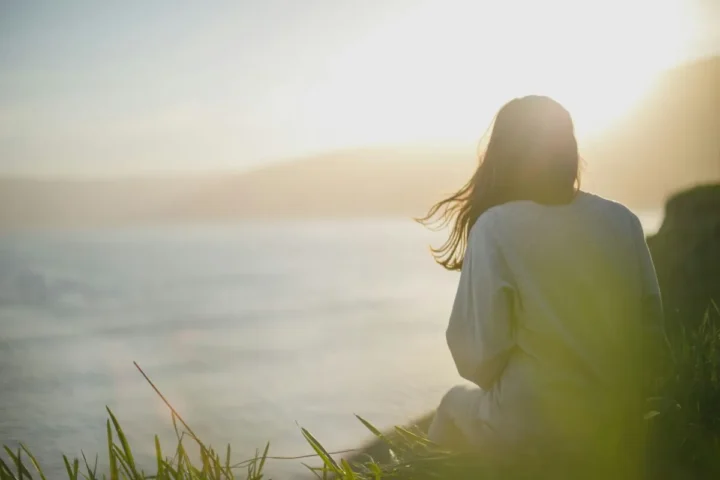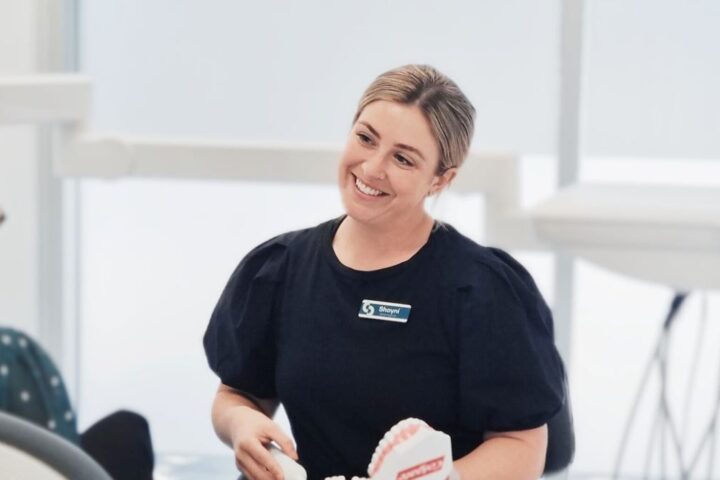According to expert sleep consultants from National Pharmacies, the change in time is more than just an extra hour of rest. It’s also a valuable opportunity to reflect on sleep routines, identify unhealthy habits, and consider whether professional help may be needed — especially for women who may be unknowingly living with sleep disorders.
Ashleigh Mingorance, National Pharmacies Health Services Administrator, explains that even minor changes to routine — such as the end of daylight saving — can throw out the body’s natural circadian rhythm and sleep-wake cycle, reducing both the quantity and quality of sleep.
“While gaining an hour of sleep is a positive, the end of daylight savings can make it harder for some to adjust, especially those already struggling with sleep issues,” Ms Mingorance says.
“Women, in particular, are at risk of undiagnosed sleep disorders, such as sleep apnoea, because many attribute their fatigue to factors like menopause or the demands of being a working mum, not realising that these symptoms may point to a more serious underlying issue,” she says.
“Additionally, as sleep apnoea is often associated with older, overweight men, women may not recognise themselves as at risk, leading to underdiagnosis.”
Unlike the stereotypical symptoms of sleep apnoea — loud snoring and noticeable pauses in breathing — women often present differently. Ms Mingorance says many experience insomnia, morning headaches, low mood, anxiety and persistent tiredness, which can easily be misattributed to other life stages or stressors.
Since launching its sleep apnoea program in 2016, National Pharmacies has supported over 2,500 patients across 15 clinics in South Australia and New South Wales. However, just 30 per cent of those patients have been women — a figure experts believe highlights the ongoing lack of awareness.
Ms Mingorance urges women to use the end of daylight saving as a chance to audit their sleep hygiene — including small but effective habits like letting natural light into the bedroom first thing in the morning and turning off electronic devices an hour before bedtime.
“If you find that your sleep patterns don’t improve or you continue to feel fatigued, it’s important to seek help from sleep experts,” she says.
“Undiagnosed sleep apnoea can lead to serious health complications, including high blood pressure, weight gain, anxiety, depression, and a significantly reduced quality of life.”
“Women must become more aware of the risks, as proper diagnosis and treatment are crucial for better long-term health.”
To learn more or take a quick online sleep questionnaire, visit the National Pharmacies website HERE.









